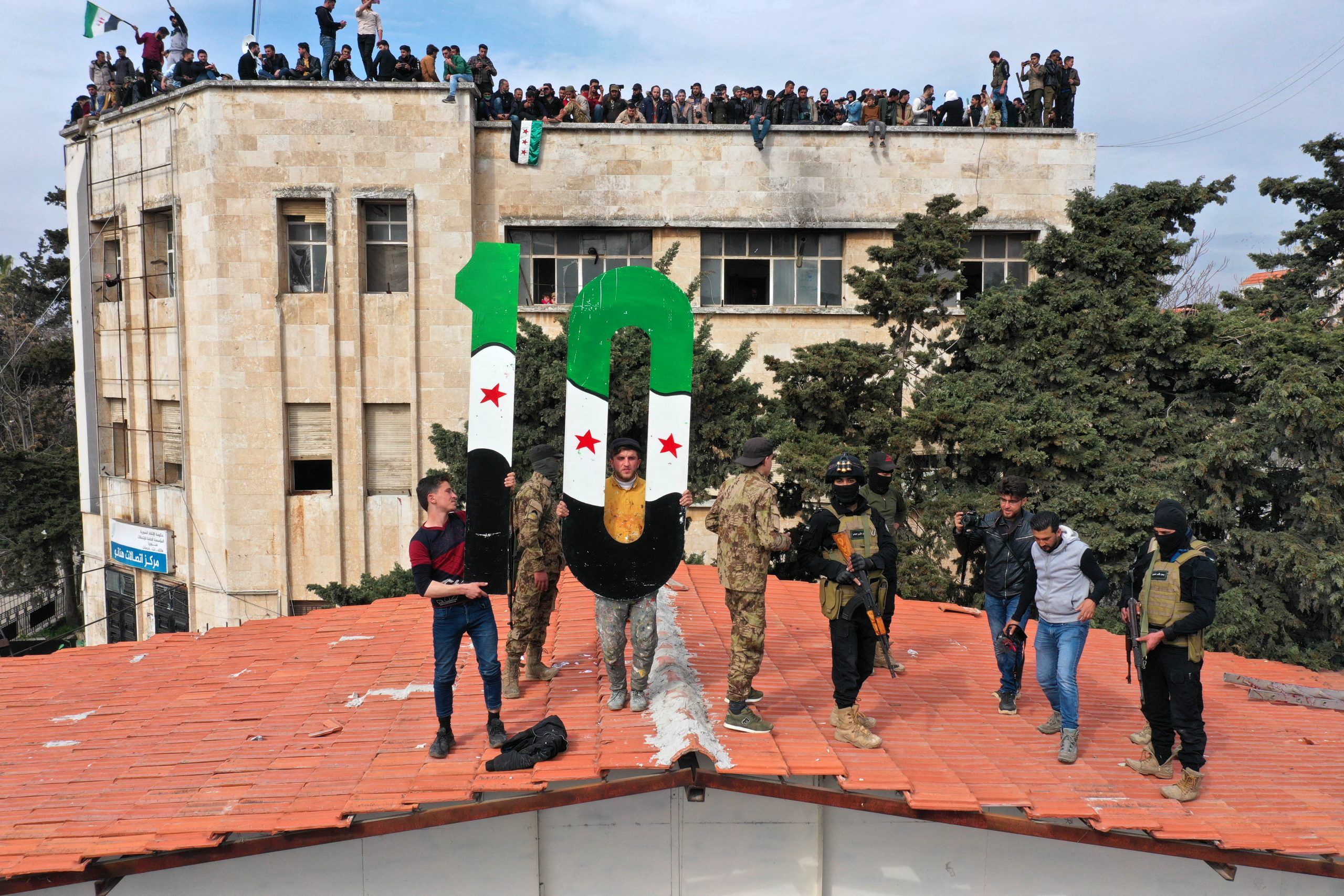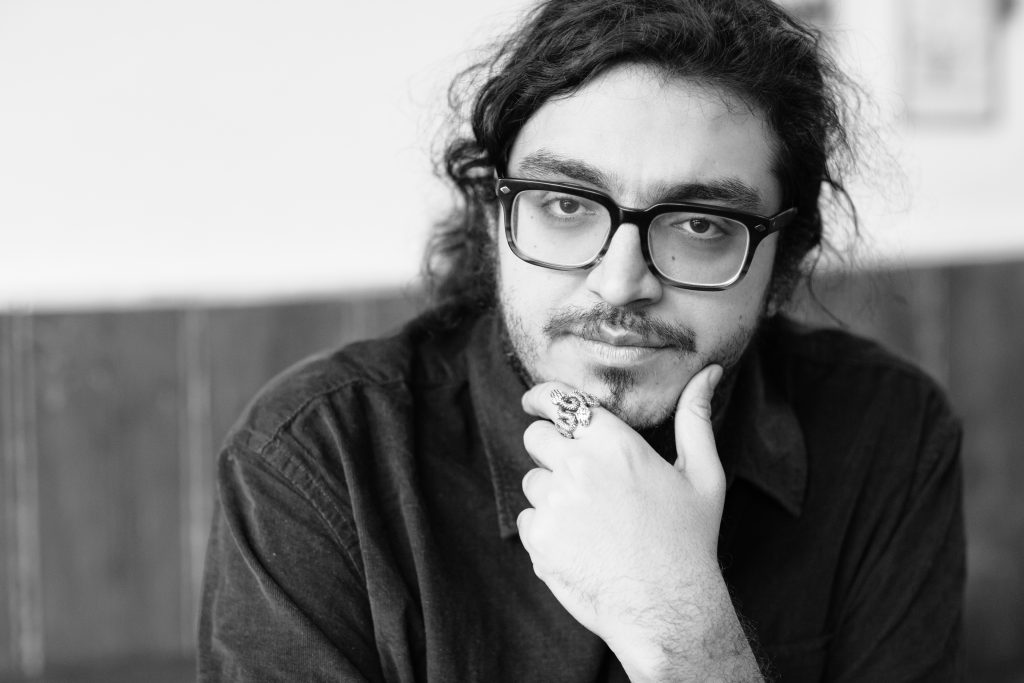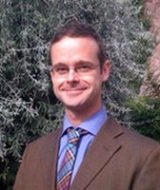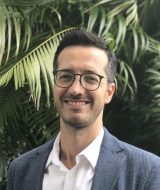
- 12 May 2021
Revisiting The Northern-Tier: Syrian Reconstruction Inside-Out
(This event is organised by MEI’s Arabia Asia Research Cluster.)
Abstract
In 2018, the Arabia-Asia cluster foresaw a loose two-tiered geopolitical order emerging in the Middle East, connecting it to adjacent regions. Along the Indian Ocean, we saw signs of both growing collaboration and competition in the “Southern Tier” with the maritime states of the Gulf, Israel, India, and the United States taking the lead. In the Eurasian landmass, an alternative “Northern Tier” grouping took shape with the former empires of Russia, Iran and Turkey attempting to flex their muscles abroad once again. More than just geographical divisions, we sensed a different mechanisation of power, within each tier, growing out of their historical experiences with territorial and maritime mobilities.
Three years down the road, through this webinar, we revisit the idea of a two-tiered Middle East by focusing on the Northern Tier. Syria, we suggest, has emerged as the testing grounds to observe the dynamics of the Northern Tier. Since 2018, the Southern-Tier states have scaled back their involvement in the ongoing Syrian civil war and left the space open for Turkey, Iran and Russia. With the Assad regime reasserting control and moving into a reconstruction phase, we see Russia, Turkey and Iran expand their involvement beyond the military sphere. All three are deepening their investment in Syria’s future through diplomatic alliances, economic partnerships, infrastructural investments and ideological engagements with the region.
The speakers in this webinar give us an inside-out view from Syria, of the three key NorthernTier states. As transnational historians and anthropologists, they ground the ongoing involvement of these players in a range of border-traversing networks of merchants, tribal diasporas and paramilitary groups. Behind the seeming geopolitical alignment, they suggest, are rekindled kinships and new business partnerships. But what will these bring? Collaborations or conflicting rivalries? Expansion into other shared borderlands such as Central Asia? Finally, what do these developments say about the future in a two-tiered Middle East?
This public talk will be conducted online via Zoom on Wednesday, 12 May 2021 from 5.00pm to 6.30pm (SGT). All are welcome to participate. Successful registrants will receive a confirmation email with the Zoom details closer to the date of the event.
This event is free, however, registration is compulsory.
Image Caption: An aerial picture shows Syrians gathering on the roofs of buildings in the rebel-held city of Idlib on March 15, 2021, as they mark ten years since the nationwide anti-government protests that sparked the country’s devastating civil war. (Photo by Omar HAJ KADOUR / AFP)
About the Speakers

PhD candidate in History
New York University
Dr Paul Anderson
Prince Alwaleed Lecturer
Department of Middle Eastern Studies
University of Cambridge
Dr Serkan Yolaçan
Assistant Professor
Department of Anthropology
Stanford University
Arash Azizi is a writer, scholar and translator living in New York City. His writings on politics, history and cinema have appeared in numerous outlets including The New York Times, Washington Post and the Jacobin, Gua. He is the author of the book,“The Shadow Commander: Soleimani, the US and Iran’s Global Ambitions” (Oneworld, 2020).
As a PhD candidate in history at the New York University (NYU), he researches the history of socialist and Islamist movements in Iran and the Arab world and their role in the makings of the global Cold War. He sits on the Steering Committee of the New York University’s Iranian Studies Initiative.

Dr Paul Anderson is the Prince Alwaleed Lecturer in the Department of Middle Eastern Studies at the University of Cambridge, the Assistant Director of the University’s Prince Alwaleed Centre of Islamic Studies and a Fellow of Darwin College, Cambridge. Dr Anderson is a social anthropologist interested in the articulation of economic, moral and religious life.
His research has a particular focus on Islam, value, moral personhood and the sociality of trade. He has conducted ethnographic fieldwork in Syria and China and is currently part of an ERC-funded research project studying the global trade in low-grade Chinese commodities. He is also working on a monograph of Aleppo as a trading city before the outbreak of the current conflict in Syria. At the University of Cambridge, he teaches courses and supervises research on the anthropology of the Middle East and the anthropology of Islam.

Dr Serkan Yolaçan’s research broadly focuses on the interplay of past and present in the lives of individuals, diasporas and states. His book project, Time Travelers of Baku: Conversion and Revolution in West Asia, weaves the modern experiences of Turkey, Iran and Russia through the lens of a mobile diasporic people from the region of Azerbaijan.
In his research, Dr Yolaçan combines broad space and deep history empirically and history and anthropology methodologically, to generate geo-historical frames that speak to questions of international order and state expansionism, past and present. He has an active media profile in Southeast Asia through regular contributions to Hong Kong-based South China Morning Post and Singapore-based CNA. Dr Yolaçan has previously headed the Arabia-Asia cluster at the Middle East Institute (NUS) and was instrumental in building the idea of a two-tiered Middle East.




